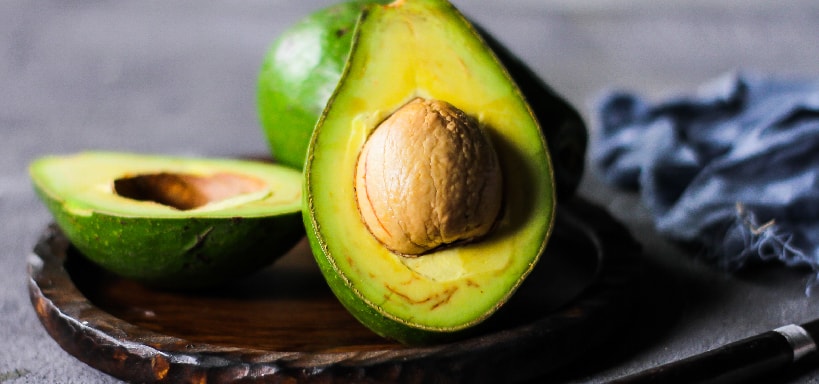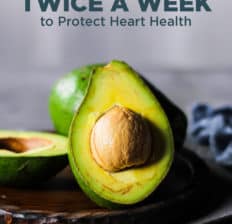This Dr. Axe content is medically reviewed or fact checked to ensure factually accurate information.
With strict editorial sourcing guidelines, we only link to academic research institutions, reputable media sites and, when research is available, medically peer-reviewed studies. Note that the numbers in parentheses (1, 2, etc.) are clickable links to these studies.
The information in our articles is NOT intended to replace a one-on-one relationship with a qualified health care professional and is not intended as medical advice.
This article is based on scientific evidence, written by experts and fact checked by our trained editorial staff. Note that the numbers in parentheses (1, 2, etc.) are clickable links to medically peer-reviewed studies.
Our team includes licensed nutritionists and dietitians, certified health education specialists, as well as certified strength and conditioning specialists, personal trainers and corrective exercise specialists. Our team aims to be not only thorough with its research, but also objective and unbiased.
The information in our articles is NOT intended to replace a one-on-one relationship with a qualified health care professional and is not intended as medical advice.
Eat Avocado Twice a Week for Heart Health
April 27, 2022

A study published last month in the Journal of the American Heart Association examined the relationship between avocado intake and long-term risk of cardiovascular disease. It turns out that eating avocado twice a week for heart health can have significant benefits.
The findings serve as yet another example of why avocado is one of the world’s healthiest superfoods. You should eat avocado twice a week for heart health and the health of your brain, skin and digestion and more!
Study Findings: Avocado Twice a Week Protects Heart
A March 2022 study including over 110,000 people examined the potential relationship between avocado consumption and the risk of long-term heart disease. All study participants were free of cancer, coronary heart disease and stroke at baseline, and their diets were assessed every four years.
After 30 years of follow-up, researchers found that those with higher avocado intake (consuming it twice a week) had a 16 percent lower risk of cardiovascular disease and a 21 percent lower risk of coronary heart disease.
This data suggests that replacing half a serving per day of other fatty foods, including margarine, butter, cheese and processed meats, can significantly reduce your risk of developing heart disease in the future.
Other Avocado Benefits
Avocado is a nutrient-dense fruit that contains healthy fats, phytonutrients, fiber, potassium, magnesium and folate.
It’s an excellent source of oleic acid, an omega-9 fatty acid that has proven to benefit heart health by reducing blood pressure and lowering cholesterol. Many avocado benefits come from this monounsaturated fatty acid.
In addition to avocado benefiting heart health, consuming the super fruit regularly may also:
- reduce the risk of metabolic syndrome
- protect against insulin resistance and diabetes
- support eye, skin and hair health
- promote weight loss and healthy BMI status
- support healthy digestion
- boost mood
- improve arthritis symptoms
- fight cancer cell growth
How to Add to Diet
The good news about avocado reducing the risk of heart disease and other major health concerns is its taste and versatility. It can be added to smoothies, salads, dips and sauces. You can even make avocado ice cream or chocolate mousse.
Make sure the fruit is soft before cutting into it, and then scoop it out of the green flesh. It can be cubed and added to salads, mashed as a topping to wraps or burgers, or used to make dips like guacamole.
In smoothies, avocado serves as the creamy ingredient that provides healthy fats while improving the texture.
Want some easy and healthy recipes containing avocado to get started? Try these:
Conclusion
- A March 2022 study published in the Journal of the American Heart Association examined the potential relationship between avocado consumption and the risk of long-term heart disease.
- The study included over 110,000 people, who were were free of cancer, coronary heart disease and stroke at baseline.
- After 30 years of follow-up, researchers found that those with higher avocado intake (consuming it twice a week) had a 16 percent lower risk of cardiovascular disease and a 21 percent lower risk of coronary heart disease.




